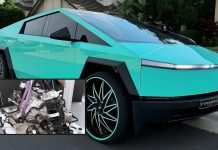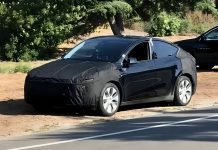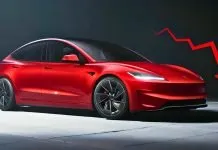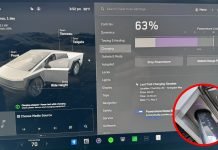Tesla is gearing up for a groundbreaking launch in the EV market. The much-anticipated low-cost, next-generation vehicle, codenamed “Redwood,” is set to enter mass production in late 2025 according to Reuters’ sources. This move marks a significant step in Tesla’s mission to accelerate the world’s transition to sustainable energy.
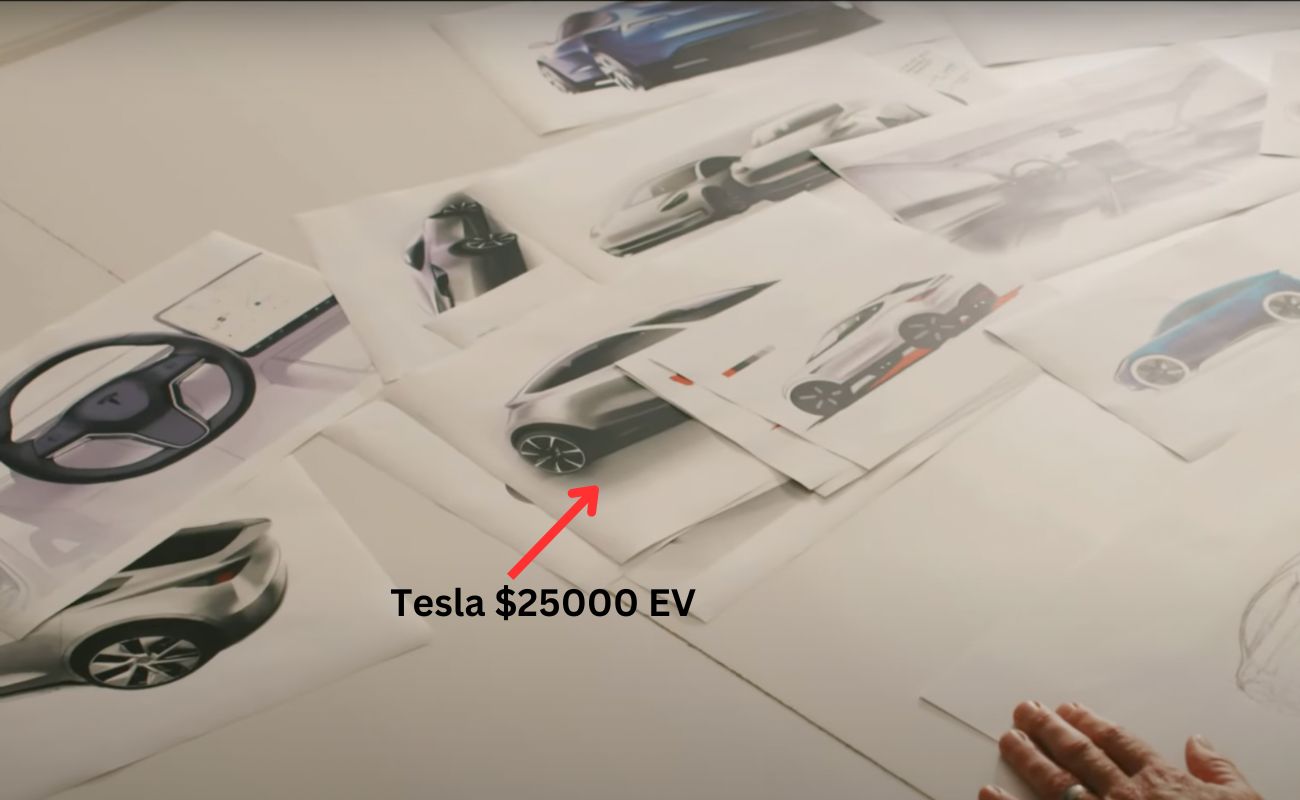
Table of Contents
Tesla’s $25,000 Car
Tesla’s “Redwood” project is an exciting leap forward in the EV market, introducing a vehicle that combines practicality with the innovative features Tesla is known for. The “Redwood” is designed as a compact crossover, a vehicle type that has seen surging popularity due to its versatile nature, blending the convenience of a sedan with the spaciousness of an SUV. This design choice is a strategic move by Tesla, targeting a broad and growing segment of consumers who desire eco-friendly vehicles without compromising on space and comfort.
Perhaps the most groundbreaking aspect of the “Redwood” is its price point. At approximately $25,000, it shatters the cost barrier that has long been a hurdle in EV adoption. This pricing strategy is a game-changer, making electric vehicles a viable option for a much wider audience. It’s a bold step towards making sustainable transportation not just a luxury, but a standard choice for the average consumer.
In terms of production, Tesla is setting ambitious targets for the “Redwood.” Aiming for a production volume of 10,000 vehicles per week, Tesla is gearing up for mass production on a scale that is unprecedented in its history. This high-volume strategy necessitates a robust and reliable supply chain. Tesla has already initiated engagement with suppliers, a critical step in ensuring the smooth rollout of this ambitious project.
Production Sites and Global Reach
Tesla plans to leverage its global production capabilities to manufacture the “Redwood.” The production sites include:
- GigaTexas: A pivotal site in Tesla’s production network, set to play a major role in the Redwood project.
- GigaMexico: Expanding Tesla’s footprint in North America, this site will contribute significantly to the production.
- GigaBerlin: Serving the European market, this facility will be crucial in meeting the demand in this region.
- GigaIndia (Likely): A potential addition, GigaIndia could represent Tesla’s expansion into the Asian market, further diversifying its manufacturing base.
Strategic Importance
The launch of the “Redwood” is not just a milestone for Tesla but a significant event in the EV industry. This vehicle is expected to:
- Boost EV Adoption: With its affordable pricing, the “Redwood” could accelerate EV adoption globally, making sustainable transportation accessible to more people.
- Enhance Tesla’s Market Position: By entering the compact crossover segment, Tesla is poised to capture a larger market share and reach new customer segments.
- Strengthen Global Manufacturing Capabilities: The distributed production across multiple continents highlights Tesla’s robust and scalable manufacturing strategy.
With “Redwood,” Tesla is set to strengthen its foothold in the global market. This compact crossover taps into one of the fastest-growing vehicle segments, combining affordability with the allure of Tesla’s brand – known for cutting-edge technology and high performance. By entering this segment, Tesla is not just expanding its product line; it’s strategically positioning itself to capture a larger market share and appeal to a more diverse customer base.
The Power of Distributed Manufacturing
Tesla’s approach to manufacturing “Redwood” is as innovative as the vehicle itself. By distributing production across GigaTexas, GigaMexico, GigaBerlin, and potentially GigaIndia, Tesla is leveraging global resources effectively. This distributed manufacturing strategy offers several benefits:
- Risk Mitigation: By spreading production across multiple locations, Tesla can reduce the risk of supply chain disruptions.
- Market Responsiveness: Localized production enables Tesla to respond more swiftly to regional market demands and preferences.
- Cost Efficiency: Distributed manufacturing can lead to savings in shipping costs and tariffs, making the “Redwood” more competitively priced globally.
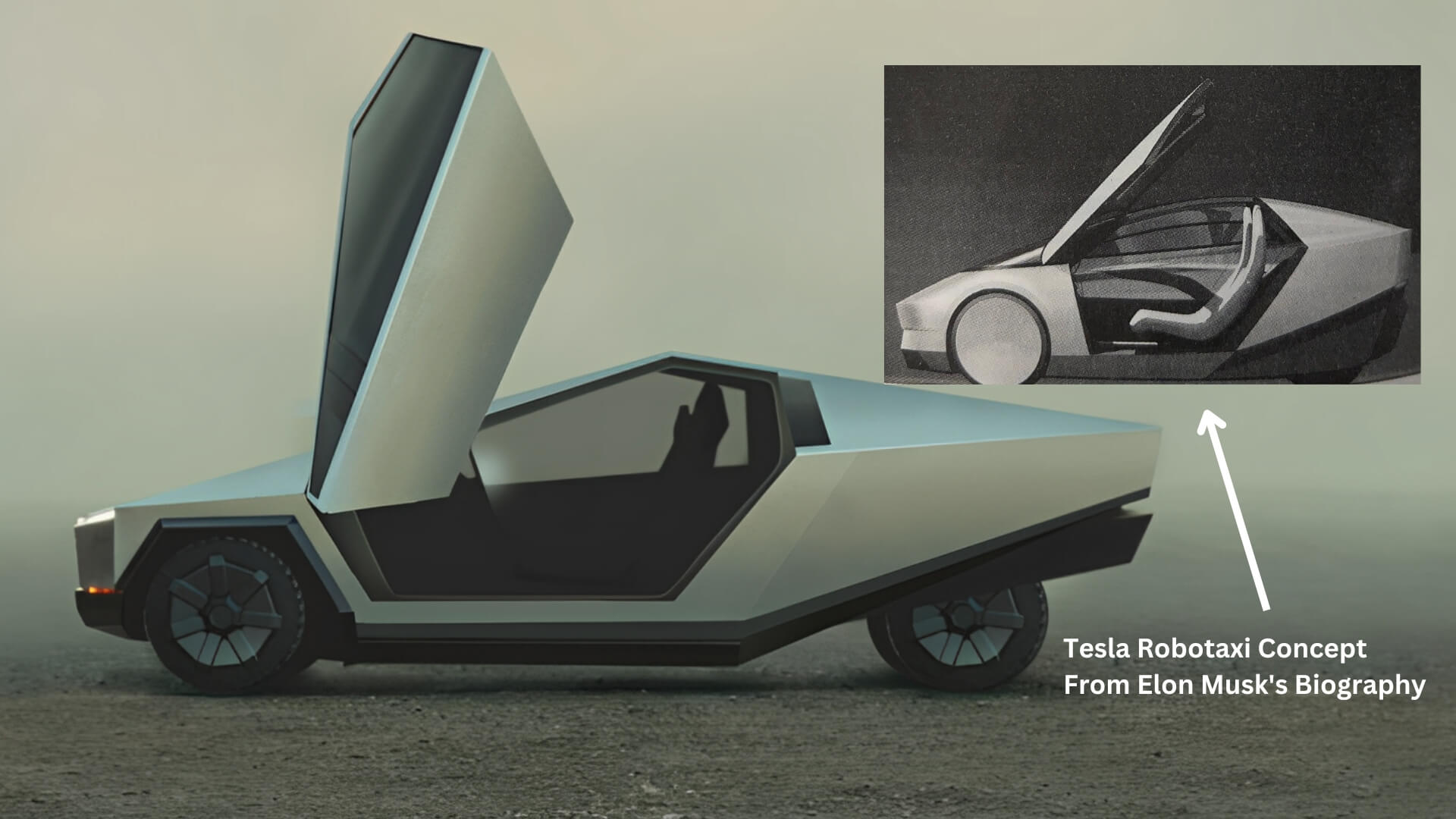
Challenges and Opportunities
Despite the excitement surrounding “Redwood,” Tesla faces its share of challenges. Scaling up production to meet ambitious targets while maintaining quality and reliability is a significant hurdle. Additionally, Tesla must navigate the complexities of global supply chains and potential regulatory challenges in different markets. Market acceptance is another factor, as Tesla ventures into a highly competitive segment dominated by established players.
Entering the compact crossover segment presents Tesla with immense opportunities. This segment has seen growing popularity due to its blend of utility and style, appealing to families and environmentally-conscious consumers alike. “Redwood” has the potential to set a new benchmark in this category, offering an affordable, sustainable, and technologically advanced alternative.
The “Redwood” project aligns perfectly with Tesla’s long-term goals of sustainability and environmental responsibility. By making EVs more affordable and accessible, Tesla is not just selling cars; it’s promoting a shift towards cleaner, renewable energy sources. This aligns with global efforts to reduce carbon emissions and combat climate change, reinforcing Tesla’s role as a leader in sustainable transportation
Conclusion
The anticipation surrounding the “Redwood” project is palpable. As Tesla prepares to embark on this ambitious journey, the industry and consumers alike are watching closely. The success of “Redwood” could redefine the market dynamics, challenging other automakers to innovate and compete in this new, more accessible EV landscape. Tesla’s distributed manufacturing strategy, aimed at meeting high production targets and catering to diverse global markets, sets a new standard in automotive production efficiency and flexibility.
Tesla’s “Redwood” project is a testament to the company’s commitment to innovation and sustainability. By making electric vehicles more affordable and accessible, Tesla is not only enhancing its product portfolio but also contributing significantly to the global shift towards cleaner, more sustainable transportation solutions. The anticipation for the late 2025 launch reflects the growing global interest in EVs and Tesla’s pivotal role in shaping the future of the automotive industry.




